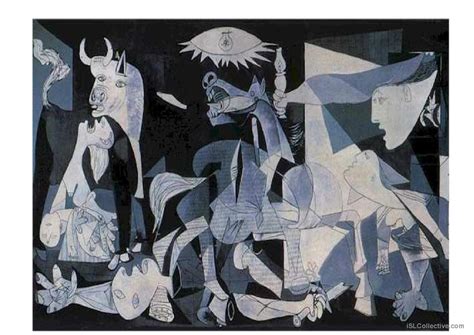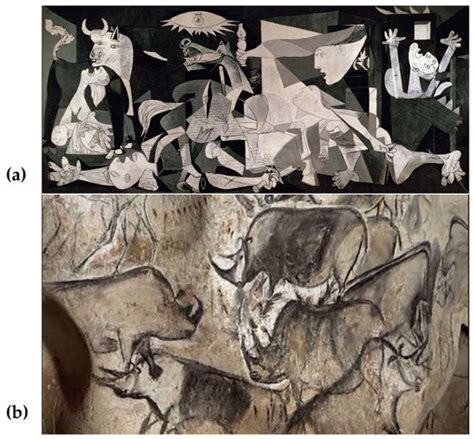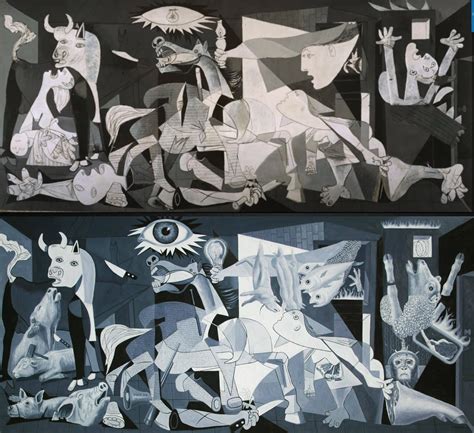The Liverpool vs Manchester United rivalry stands as one of the most intense and storied in football history, capturing the attention of fans across the globe. Rooted in the deep-seated historical, cultural, and economic competition between the two cities, this rivalry transcends the pitch, becoming a symbol of pride and passion. Over the years, the fixture has produced countless unforgettable moments, featuring legendary players and dramatic matches that have shaped the footballing landscape. This article delves into the origins and evolution of this iconic rivalry, highlights key matches that have defined it, and explores the tactical nuances, cultural significance, and sociopolitical factors that continue to fuel the fierce competition between these two football giants.
Delve into this topic with rplblogs.com for a comprehensive understanding.
1. Origins and Evolution of the Rivalry
The Liverpool vs Manchester United rivalry has deep roots in the Industrial Revolution, when both cities were economic giants. Manchester, known for its textile industry, and Liverpool, with its bustling port, competed fiercely despite their proximity. This rivalry translated to football as both clubs emerged as dominant forces in the sport. Liverpool, founded in 1892, and Manchester United, established in 1878, quickly rose to prominence, becoming two of England’s most successful and popular teams. Over time, their on-field clashes mirrored the regional rivalry, each win or loss carrying great significance. The rivalry intensified in the 1970s and 1980s, with Liverpool dominating English and European football, only for Manchester United to emerge as a powerhouse under Sir Alex Ferguson in the 1990s. Today, the rivalry remains a highly anticipated fixture, embodying not just a clash of clubs, but also of cities and their rich histories.

2. Key Historical Matches and Their Impact
The rivalry between Liverpool and Manchester United has been shaped by numerous landmark matches that have etched themselves into football history. One of the earliest defining encounters occurred in the 1977 FA Cup Final. Manchester United, in a dramatic match, thwarted Liverpool’s ambition for a treble, winning 2-1 and igniting the growing rivalry. In 1983, Liverpool sought revenge in the League Cup final. They emerged victorious, defeating United 2-1 and reinforcing their dominance during that period.
Two pivotal moments stand out in the modern history of the Manchester United-Liverpool rivalry. In the 1998-99 season, Manchester United, en route to an historic treble, secured a crucial 2-1 victory at Anfield. Dwight Yorke’s decisive goal made this match a memorable one. More recently, in December 2018, Liverpool’s 3-1 victory at Anfield marked a turning point. This decisive win led to the dismissal of Manchester United manager José Mourinho, forever etching this match into the annals of the rivalry.
These matches were pivotal in determining each club’s season, but they also heightened the rivalry, turning every clash into a fierce contest for pride, honor, and dominance.

3. Statistical Comparison of Head-to-Head Performance
The head-to-head rivalry between Liverpool and Manchester United is a fiercely contested one, as evidenced by their closely matched record. Historically, Manchester United holds a slight advantage, having emerged victorious more often across all competitions. However, Liverpool’s recent resurgence under Jürgen Klopp has significantly closed the gap, particularly with their impressive wins in recent years.
Manchester United has historically held a dominant position in the Premier League, especially during the reign of Sir Alex Ferguson. This era was marked by a string of league titles and frequent victories over their arch-rivals, Liverpool. Notably, United’s dominance was further emphasized by their impressive streaks of both home and away victories, solidifying their position as the top team.
On the other hand, Liverpool has dominated in European competitions, having won more Champions League titles and achieving greater success on the continental stage. This international dominance has evened out the rivalry, with Liverpool supporters frequently highlighting their team’s superior European heritage.
The intensity of the rivalry is evident in both the goal scoring and defensive performances. Matches are closely contested, with narrow margins separating the teams. This seesaw battle for supremacy is characterized by periods where one team dominates, only to be met with a resurgence from their opponent, reflecting the cyclical nature of their footballing fortunes.

4. Influential Players and Their Contributions
The rivalry between Liverpool and Manchester United has been fueled by a cast of influential players who have left their mark on the competition. For Manchester United, the likes of Eric Cantona and Ryan Giggs stand out. Cantona, known for his flair and leadership, epitomized United’s dominance in the 1990s, delivering numerous key performances against Liverpool. Giggs, on the other hand, embodied consistency and longevity, consistently posing a threat and scoring memorable goals in these fierce encounters.
Liverpool’s history is filled with iconic figures, but none embody the spirit of the club more than Steven Gerrard. His passion and determination, particularly in the fierce rivalry against Manchester United, were legendary. Gerrard’s goals and leadership often lifted Liverpool to great heights in these high-stakes encounters. Other standout performers included Robbie Fowler, nicknamed “God” by Liverpool fans for his prolific goal-scoring, and Fernando Torres, who consistently tormented United’s defense during his time at Anfield. These players, along with many others, contributed significantly to Liverpool’s success, solidifying their place in the club’s rich tapestry.
These players not only displayed exceptional individual talent but also inspired their teams to greatness, leaving their mark on one of football’s most historic rivalries. Their legacies are forever intertwined with the rivalry’s rich history.
5. Tactical Approaches and Strategies Used by Both Teams
The tactical landscape of the Liverpool-Manchester United rivalry has undergone a transformation over time, mirroring the shifting strengths and philosophies of both sides. During Sir Alex Ferguson’s reign at Manchester United, the strategy frequently involved utilizing pace and precision on the flanks. Players such as Ryan Giggs and Cristiano Ronaldo played a crucial role, stretching Liverpool’s defense and delivering pinpoint crosses for lethal finishers like Ruud van Nistelrooy and Wayne Rooney. Ferguson’s teams were also renowned for their adaptability, often adjusting their tactics mid-match to counter Liverpool’s strengths.
Liverpool, under the stewardship of managers like Rafa Benítez and subsequently Jürgen Klopp, prioritized tactical discipline and a high-pressing style. Benítez’s approach emphasized a methodical and cautious approach, prioritizing midfield control and exploiting set-pieces, a strategy which yielded crucial victories. Klopp’s “gegenpressing” tactic revolutionized the team, fostering a relentless, high-intensity style that aimed to win possession high up the field and launch swift counter-attacks. This approach has proven highly effective in recent years, as Liverpool’s aggressive pressing game has consistently disrupted Manchester United’s rhythm, resulting in crucial goals.
Both teams have also utilized psychological tactics, recognizing the significant role of momentum and mental fortitude in these high-stakes matches, further enhancing the captivating uncertainty surrounding their encounters.
The Liverpool vs Manchester United rivalry is a tapestry of historical, cultural, and tactical threads that have woven together one of football’s most compelling narratives. From its origins in industrial competition to the dramatic encounters on the pitch, the rivalry has continuously evolved, driven by influential players, strategic battles, and deep-seated regional pride. As both clubs continue to vie for supremacy, this storied rivalry not only captivates fans but also symbolizes the rich, dynamic history of English football, ensuring that each encounter remains a significant and eagerly anticipated event.
rplblogs.com
